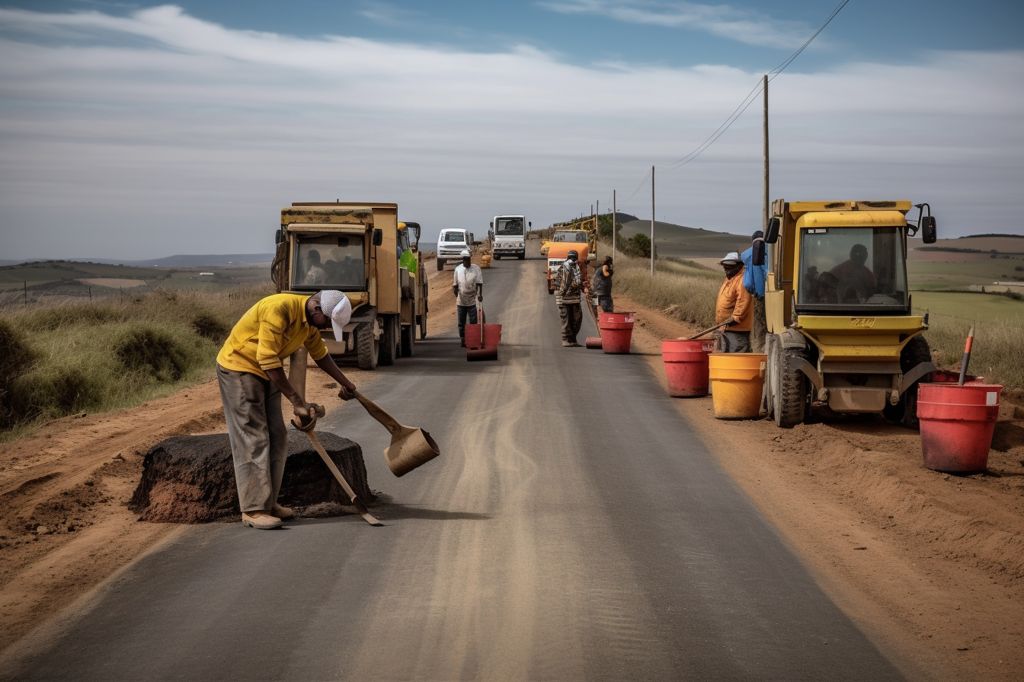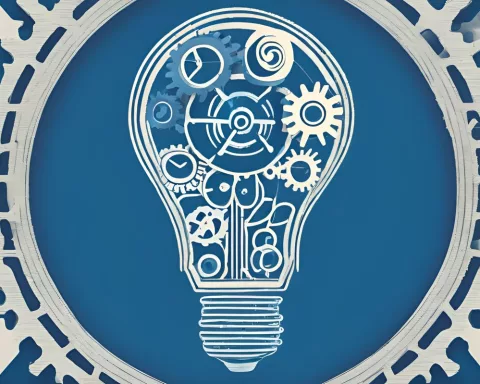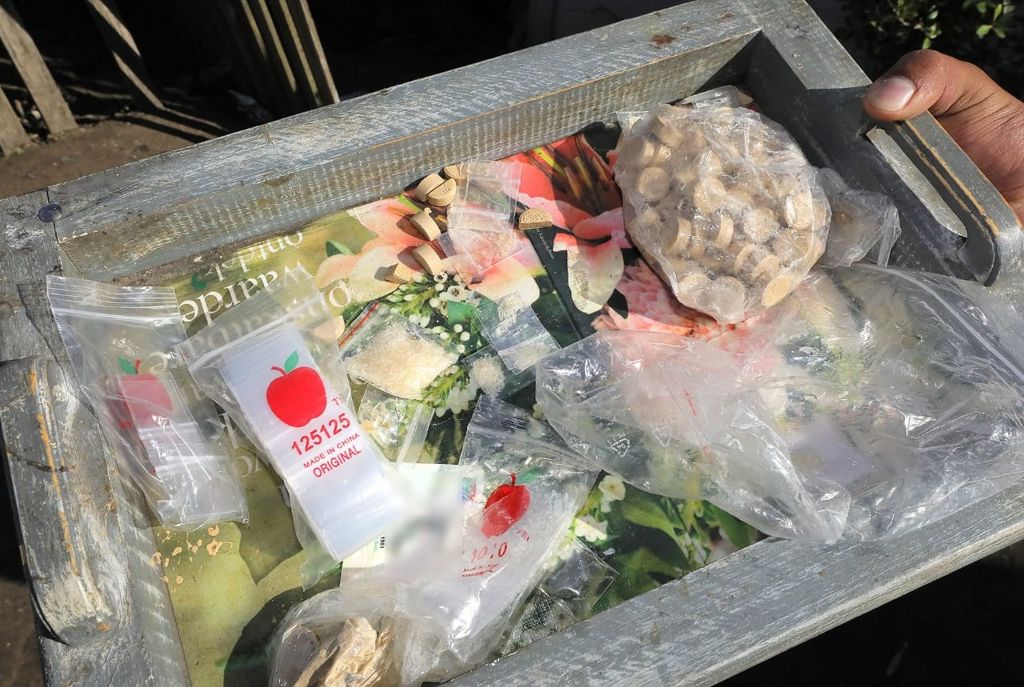The Eastern Cape has faced several developmental challenges over the years, including high unemployment rates, poor infrastructure, and inadequate access to basic services like healthcare and education. In response to these issues, the South African government has implemented several initiatives to promote development in the region.
The District Development Model
The District Development Model (DDM) is one such initiative that aims to align, integrate, and accelerate service delivery in the Eastern Cape. This model seeks to eliminate developmental obstacles and improve the living conditions of the people in the region.
The Service Delivery Outreach Program
To further address service delivery challenges and promote development, Deputy President Paul Mashatile will lead an outreach program on the 26th and 27th of May 2023. The selected locations for this program are Lusikisiki in the OR Tambo District Municipality and the Buffalo City Metropolitan Municipality. These districts have been chosen due to the significant challenges they face in terms of service delivery.
Accreditation for Media Professionals
Media professionals who wish to cover the Deputy President’s visit must complete the required accreditation form and submit it via email to takalanim@gcis.gov.za or nandipa@gcis.gov.za by the 24th of May 2023. The government encourages members of the media to attend this event to help spread awareness of the government’s commitment to addressing developmental issues and uplifting communities in need.
Other Initiatives for Development
Apart from the DDM and the outreach program, the South African government has established the Eastern Cape Development Corporation (ECDC) to stimulate economic growth in the region. Additionally, the Integrated Rural Development Strategy (IRDS) aims to improve the living conditions of rural communities.
A Brighter Future for All Eastern Cape Residents
The South African government’s commitment to promoting development in the Eastern Cape is a vital step towards creating a brighter future for the region’s residents. The outreach program led by Deputy President Paul Mashatile is a significant step towards achieving this goal. By working together and addressing the challenges faced by the region, the government hopes to create a better future for all Eastern Cape residents.











